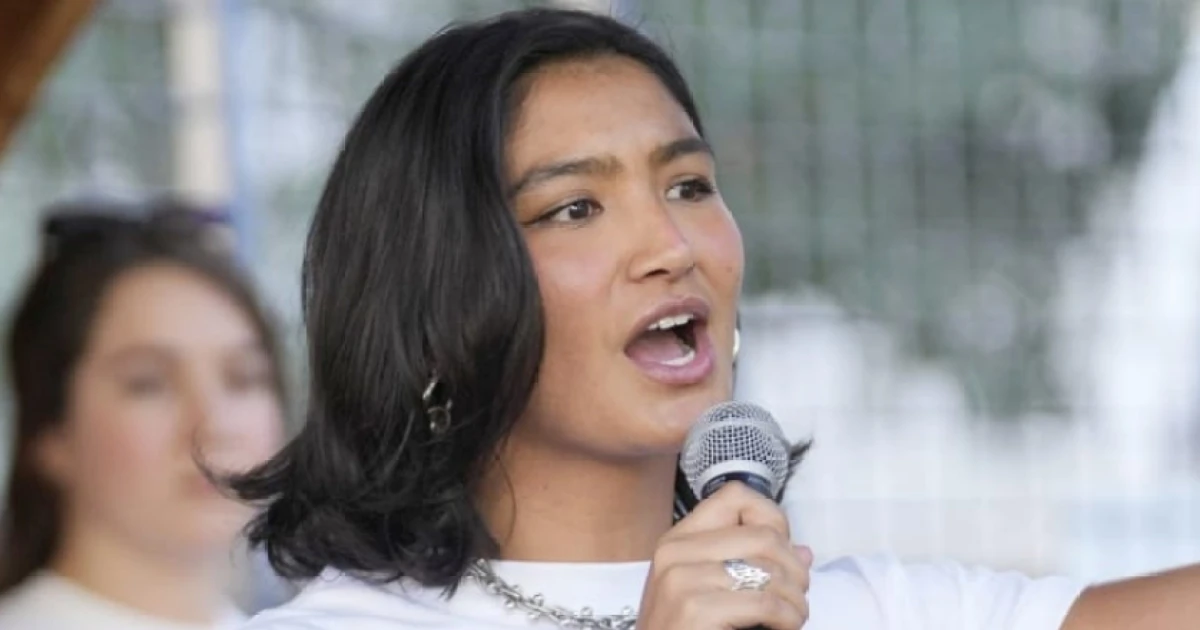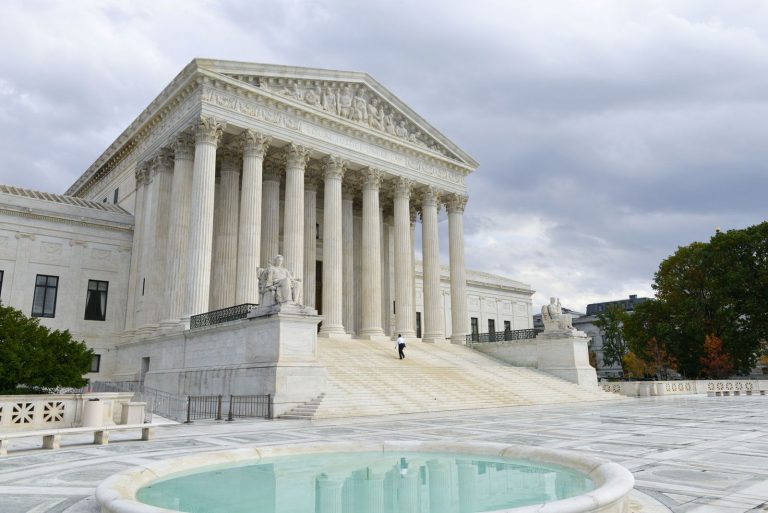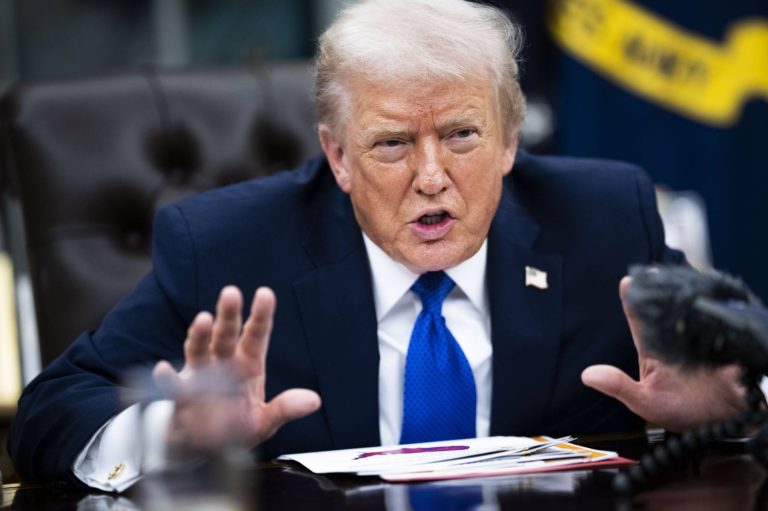In a significant political moment that has captured attention both within and beyond Arizona, the Democratic Party witnessed a decisive primary election result that highlighted the ongoing tension between established political legacies and emerging progressive voices. The special primary election in Arizona’s 7th Congressional District saw veteran local official Adelita Grijalva emerge as the clear winner over 25-year-old social media activist and progressive candidate Deja Foxx, who was seeking to unseat the longstanding influence of the Grijalva family name.
The election, held on July 15, 2025, drew intense interest as many hoped the youthful Foxx, known for her vocal activism and significant online presence, would symbolize a new wave of progressive leadership within the Democratic Party. Foxx’s campaign was marked by her commitment to progressive causes, including reproductive rights and social justice issues, drawing inspiration from her own background growing up in public housing and relying on government assistance programs. Her considerable social media following, including nearly 400,000 TikTok followers, and endorsements from prominent youth activists and political action committees energized her supporters and gave the race a spotlight on the national stage.
However, the results demonstrated the limits of digital influence when confronted with deep-rooted political infrastructure and voter preferences in the district. With over 65% of precincts reporting, Adelita Grijalva secured approximately 62% of the vote compared to Foxx’s 21%, resulting in a margin exceeding 40 percentage points. The Associated Press promptly called the race in favor of Grijalva, who has a substantial history of public service. She previously served on the Tucson Unified School District Governing Board and has been a Pima County Supervisor, building a reputation for effective governance and community engagement.
Grijalva is widely recognized as a political heir to her late father, Raúl Grijalva, who represented the district for decades and was a notable figure within the Democratic Party. Her campaign emphasized continuity, experience, and a commitment to the community’s values. She secured endorsements from a spectrum of influential figures, including Senators Mark Kelly and Ruben Gallego, as well as national progressives like Senator Bernie Sanders and Representative Alexandria Ocasio-Cortez, reflecting broad support across the party’s ideological lines.
The election outcome serves as a reminder of the enduring power of established political networks and grassroots organizing, particularly in districts with strong party loyalty. While Foxx’s campaign raised over $670,000—primarily from small-dollar donors—and heavily utilized social media and digital outreach to engage younger voters, those efforts ultimately fell short in swaying a majority of the electorate. Analysts noted that door-to-door campaigning, neighborhood relationships, and familiarity with constituents remained critical factors influencing voter behavior in the district.
Following her concession, Foxx acknowledged the magnitude of the loss but remained optimistic about the progressive movement she helped galvanize. She praised her campaign’s grassroots origins and vowed that the fight for progressive change was far from over. At the same time, she pledged full support for Grijalva moving forward.
Looking ahead, Adelita Grijalva is expected to maintain the Democratic hold on the 7th Congressional District in the upcoming general election, facing Republican challenger Daniel Butierez. Given the district’s consistent Democratic leaning, political observers anticipate Grijalva will continue the legacy of representation established by her father, becoming one of Arizona’s prominent voices in Congress.
This election underscores the ongoing dialogue within the Democratic Party regarding the balance between embracing fresh progressive energy and valuing seasoned political experience. It also highlights the complexities of translating digital activism into electoral success within diverse constituencies. For now, Grijalva’s victory represents the strength of established political connections and the continued importance of traditional campaign strategies in American politics.

Sarah Mitchell is a bestselling novelist recognized for her insightful and emotionally resonant stories that explore the complexities of human relationships. Originally from Denver, Colorado, Sarah grew up in a family of teachers who nurtured her curiosity and love for storytelling. She studied psychology at Stanford University, where she became fascinated by the intricacies of human behavior—an interest that would later shape her writing career. Sarah’s novels are praised for their nuanced characters, intricate plots, and ability to capture the subtle tensions that define love, friendship, and family ties. Her breakthrough novel, The Spaces Between Us, became an instant bestseller, lauded for its honest portrayal of strained family relationships and the fragile bonds that hold people together. Since then, she has published several works that continue to captivate audiences around the world. Outside of her writing career, Sarah is passionate about mental health advocacy and often partners with organizations to promote awareness and support for those struggling with emotional well-being. Her personal life is quieter—she enjoys hiking in the Colorado mountains, practicing yoga, and spending time with close friends. With each new book, Sarah Mitchell cements her reputation as a writer who illuminates the beauty and struggles of human connection.









